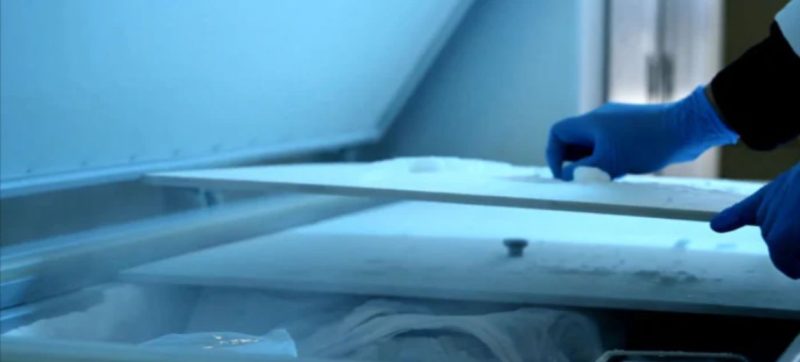Japanese police have arrested a 75-year-old woman accused of hiding her daughter’s body in a freezer for two decades. The shocking case has drawn widespread attention and raised disturbing questions about family neglect and isolation in the country.
Authorities said the body was discovered on Tuesday inside a deep freezer at the woman’s home in Ibaraki prefecture, northeast of Tokyo. The suspect, identified as Keiko Mori, allegedly confessed to keeping her daughter’s remains hidden for 20 years.
A local police spokesman, speaking on condition of anonymity, confirmed the arrest. Investigators are now working to determine the cause of death and why the mother concealed the body for so long.
Cases of hidden deaths and long-term concealment are rare but not unheard of in Japan, a country with one of the world’s fastest-aging populations. Experts say social isolation and a reluctance to report deaths sometimes lead to such tragedies.
Neighbors expressed shock at the discovery, noting that Mori lived a quiet life and rarely interacted with others. Police are also investigating whether other family members knew about the concealed body.
This case highlights growing concerns about loneliness and hidden suffering in Japanese society. Authorities often stress the importance of community networks and welfare services to prevent such extreme situations.
The arrest of Mori comes at a time when Japan is also grappling with other social issues, from declining birth rates to rising elderly care demands. Analysts say the case could push officials to strengthen welfare checks for vulnerable households.
Around the world, unusual and shocking incidents continue to surface. Recently, Chinese EV maker BYD outsold Tesla in Europe for the second month, showing how global industries are also experiencing dramatic shifts. While very different in nature, both stories reveal how unexpected events—whether in society or the economy—can capture international attention.
For now, Mori remains in custody as investigators seek answers. The case will likely spark broader discussions in Japan about family responsibilities, social support, and how to prevent similar tragedies in the future.







